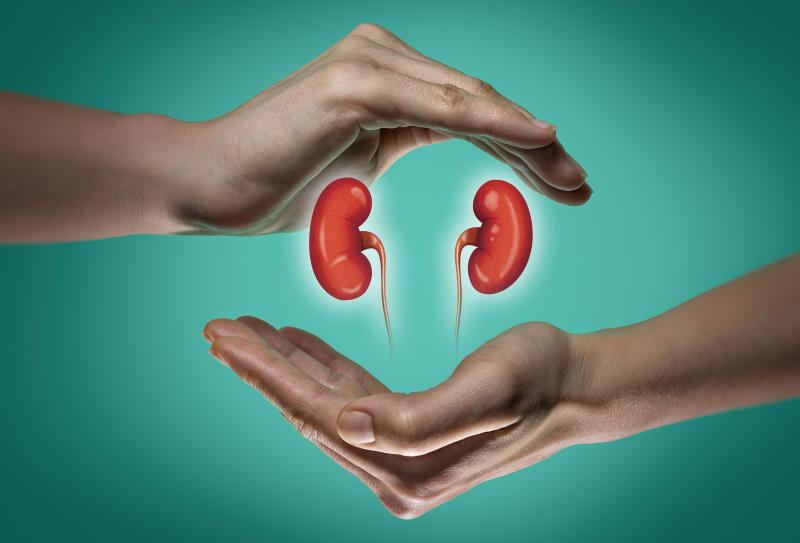Low and middle income countries are spending less on non-communicable diseases like chronic kidney disease, and hence this year’s slogan for World Kidney Day focuses on ‘Kidney health for all – preparing for the unexpected and supporting the vulnerable’ and organ donation can go a long way in gifting a new lease of life to those with kidney failures

The last three years have been very tumultuous for the world. It started with Covid-19 pandemic, the Ukraine war followed by earthquakes, floods and extreme weather conditions across the globe. This has resulted in redistribution of resources and less being spent for non-communicable diseases like chronic kidney disease. The low and middle- income countries have been particularly hit hard where the bulk of the patients reside. Therefore, preparation for unexpected events is incredibly important for kidney patients.
Chronic kidney disease is the sixth fastest growing cause of death globally and around 1.7 million people are estimated to die annually because of acute kidney injury globally. In India, it is estimated that a population of over 7.8 million people are living with chronic kidney disease.
In view of the increasing incidence of kidney disease and the need for raising awareness, World Kidney Day was started in 2006. Genetically people from South Asian geographical regions, India, Pakistan, Bangladesh, and Sri Lanka have higher risk of kidney disease especially with increasing rates of diabetes and hypertension. Diabetes is the number one reason for kidney failure in India. Kidney failure is a silent disease and it does not manifest until 60% to 70% function is lost.
One in 10 people worldwide suffer from some degree of chronic kidney disease and it can occur at any age plus various risk factors can accelerate it. 20 million people have chronic kidney disease globally and of these 7.8 million are from India. In Chronic kidney disease, there is a gradual deterioration of kidney function, the end result of which is kidney failure.
The key to discover early kidney disease is doing routine checks like urine tests, getting blood pressure and sugar checked periodically. Early detection can help postpone kidney failure through low cost medication. Get your kidney functions checked periodically if you have any or more risk factors have diabetes, hypertension, obesity, family history of kidney disease.
Kidney replacement can take place through transplantation. A patient can also have either blood or water dialysis called haemodialysis, or peritoneal dialysis to filter the wastes of the body. Kidney transplantation is done to replace a lost kidney.
IMA recommends and promotes organ donation on World Kidney Day as organ donation is life saving and safe for the donor and has excellent benefits to the recipient. Organ donation can be done by any healthy person especially kidney and liver with no long-term side effects to the donor.
A brain-dead person can donate (Cadaver transplant) apart from kidneys and liver other organs also like heart, lungs, liver and pancreas. One brain dead patient can save 8 lives. The problem in India is the scarcity of organs for transplants. Number of patients needing kidney transplants in India is estimated to be 1,20,000 annually and we are currently doing only 7500 kidney transplants against the same – 90% of these are from living donors and 10% are from brain dead donors.
IMA appeals for healthy care of your kidneys and also promotes the concept of organ donations. “IMA supports initiative of government bodies such as NOTTO to improve the donation rate in our country,” states Dr Sharad Kumar Agarwal, national president, IMA.
Tips for healthy kidneys
> Keep fit, avoid sedentary lifestyle
> Have a health balanced diet
> Maintain ideal blood sugar level
> Drink fluids (2 litres a day)
> Abstinence from alcohol, tobacco
> Avoid pain killer drugs
Common early & late symptoms of kidney disease
> Tiredness, exhaustion
> Nausea, vomiting
> Confusion, anxiety, restlessness
> Passing little or no urine
> Swelling in the body, legs, feet
> Loss of appetite, weight loss
> Itching
> Breathlessness